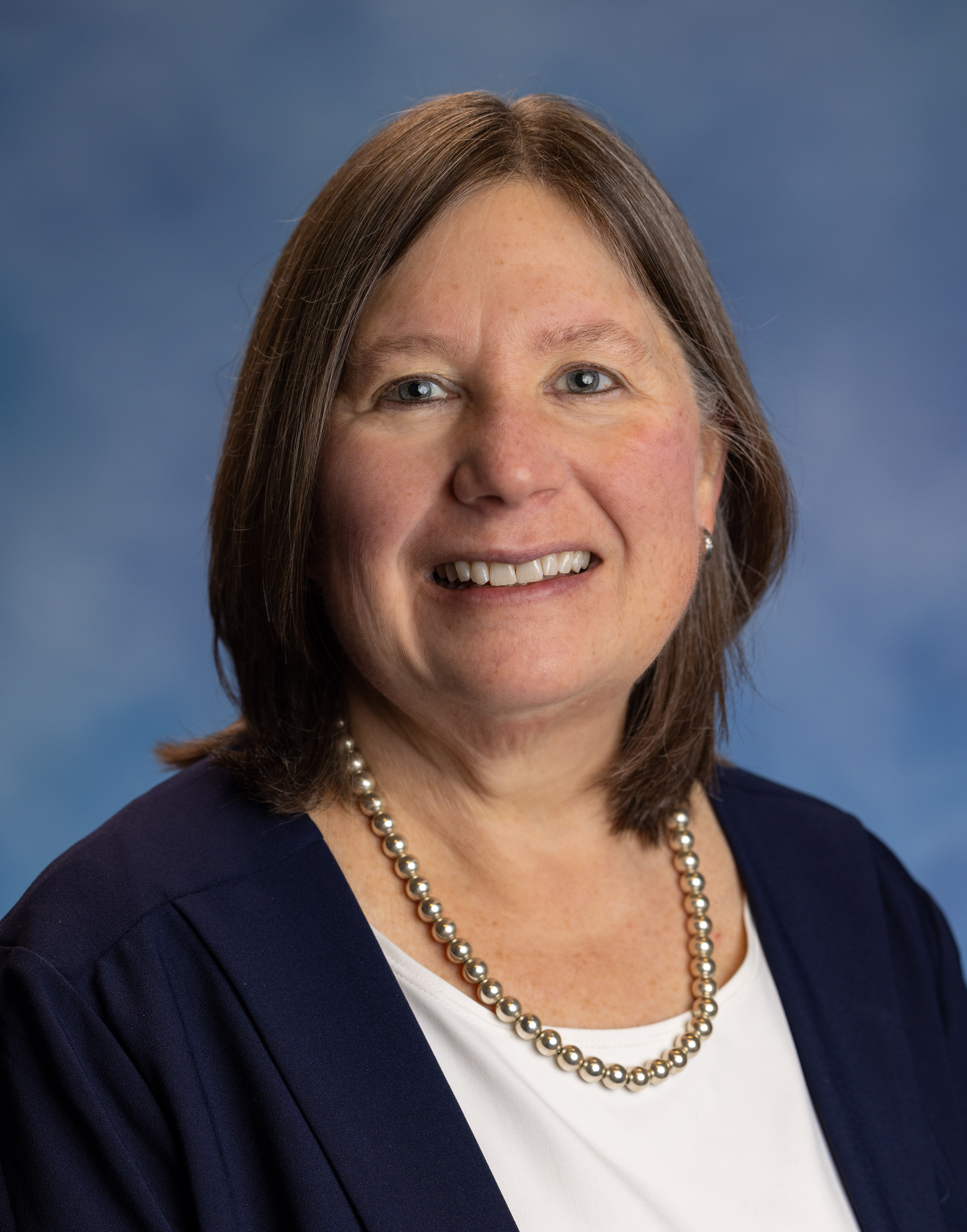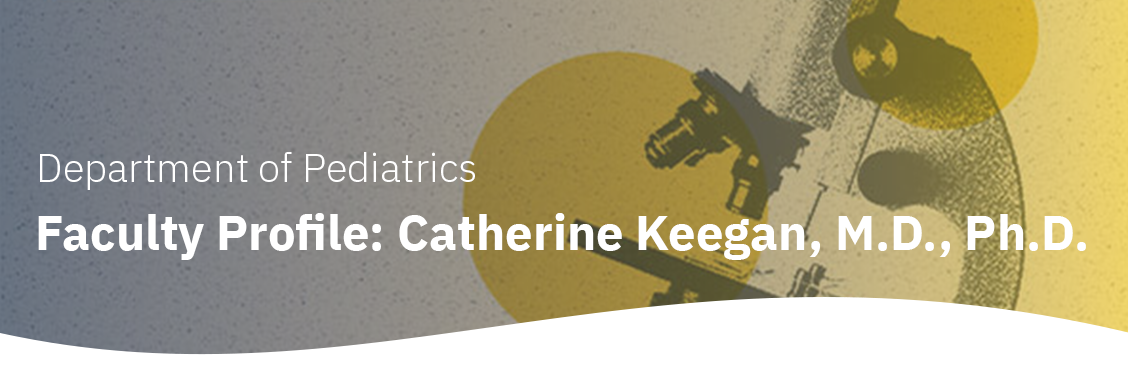You’re currently serving as the Division Director of Genetics, Metabolism & Genomic Medicine. Could you explain this role and how you got here?
As a division director, I oversee and work with a very talented group of faculty members, genetic counselors and assistants, dieticians, a nurse, and two wonderful administrators. I direct this group from clinical operations to research and our training programs, and just about everything in between.
Dr. Innis, the previous division director, retired in 2021, and I was offered the interim position. I thought that it sounded like a great fit and would really enhance my leadership skills. I was ready to take on the challenge!
What made you want to go to medical school?
Like most, I wanted to help people. I always excelled at math and science in college and high school. It wasn’t until I became involved in research during my sophomore year of college that I was ignited with a spark that made me want to pursue research in addition to patient care.
Can you share your vision for your division going forward and what you hope to achieve?
I recently held a retreat for my division where we all worked together to come up with a 6-part vision and 5-year goals. It was really important to get feedback and input from the entire team so that everyone feels invested. We have a great vision for genetics:
-
We are a diverse and inclusive team where all members feel valued and are proud to work in the division. We have an amazing culture, and we work together toward common goals.
-
We are regarded as one of the best sites for Pediatric Genetics care in the nation. We provide care on the Main Medical Campus as well as Outreach sites throughout the state of Michigan and surrounding states. Our access is substantially improved with a reduction in the wait time for a new appointment.
-
Our Newborn Screening program is regarded as the model for other sites in the Great Lakes region.
-
Our research portfolio for the division, including faculty, staff, and trainees, is broad and diverse, including clinical trials, patient-centered research, and basic science research.
-
We are recognized as a NORD Rare Disease Center of Excellence. We have launched a Rare Disease Therapeutics program, which is nationally recognized. We are attracting patients from all over the nation who are interested in therapies for rare diseases.
-
Our Medical Genetics (MGG, MBG, and LGG) training programs have an outstanding reputation nationwide and continue to attract highly talented candidates.
What else should we know about your roles and interests? Can you talk about your research?
I decided to become a geneticist because the process of human development was really fascinating to me. I’ve always been interested in birth defects, and what can go wrong during development. The primary focus of my lab is on birth defects in the lower half of the body, also known as the caudal region. I use models to study both normal and abnormal human development.
Another role that’s been really important to me is in education. I’ve held multiple roles in education throughout my career. I’ve been the education lead for pediatric genetics, and an Associate Director of the Medical Scientist Training program. That was really fun because I got to interface with students who were working to get their MDs and PhDs, which was the same program I was in as a student. It was great to connect with them on that level.
In 2017, I became the Program Director for our Medical Genetics Residency Program. We have a categorial Medical Genetics & Genomics program and a combined program that includes Pediatrics and Medical Genetics, and then we also have a Medical Biochemical Genetics fellowship that we started in 2019. I’ve been very involved in building up those programs. I currently share leadership of them with Dr. Amanda Pritchard, who is our Associate Director of the Medical Genetics and Genomics training programs and the Program Director for the Biochemical Genetics fellowship.
I’ve been very invested in these programs and in training our next generation of geneticists.
In your opinion, what makes the Department of Pediatrics an ideal place to work?
The people, of course! We all care for children or else we wouldn’t be here. Our passion for helping children adds so much energy and excitement to the work we do.
What else do you like to do outside of work?
I love to spend time with my husband, my two kids, my dog, and my cat. My kids are out of the house but live in Massachusetts and are going to school and working. Together as a family, we enjoy being outdoors, hiking and visiting warmer climates in the wintertime.
About Dr. Keegan

Dr. Keegan graduated from U of M medical school in 1996 with an M.D. and Ph.D. She completed a Pediatric Residency at Children’s Hospital in Boston, and then returned to Ann Arbor for her Pediatric Genetics fellowship. She is board certified in Medical Genetics. She became an Assistant Professor in the Department of Pediatrics in 2004 and was promoted to Associate Professor with tenure in 2011. She was promoted to Professor with tenure in 2020.
As a faculty member in the Department of Pediatrics, she sees patients in the Pediatric Genetics clinic in addition to the multidisciplinary Differences of Sex Development (DSD) and Turner syndrome clinics.
Dr. Keegan also has a research laboratory in which she studies caudal birth defects in animal models. She has received research funding from the NIH, the American Cancer Society, and the March of Dimes. She also has a small amount of teaching responsibilities for Pediatric residents, medical students, graduate students, and genetic counseling students.




